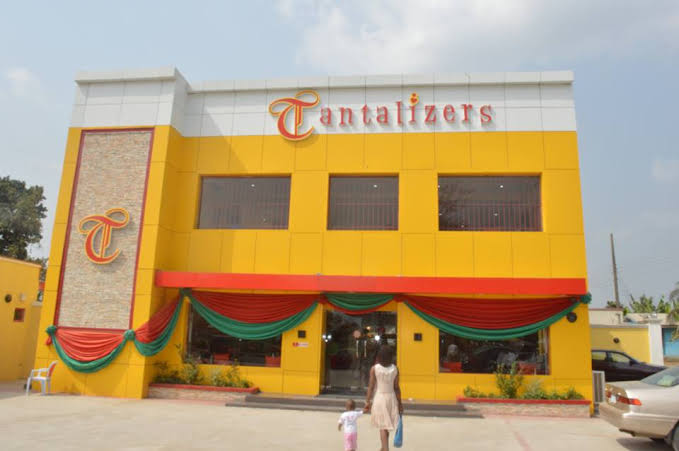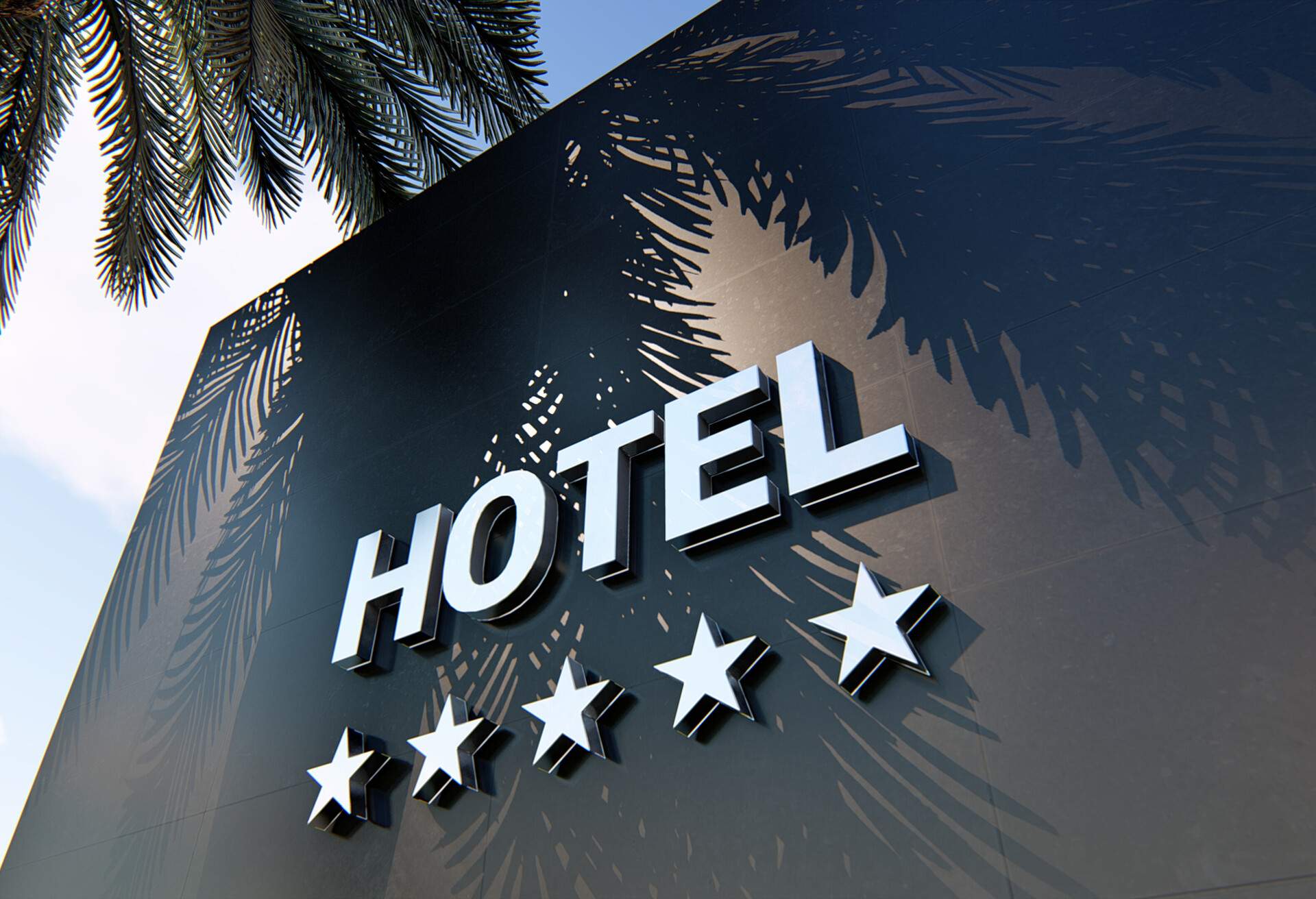
Tantalizers Plc: N1 Billion Lifeline Raises Questions About Revival (An Analysis)
Tantalizers Plc, a struggling Nigerian fast-food chain, recently secured N1.07 billion through a fully subscribed private placement. While this injection of capital offers hope for






